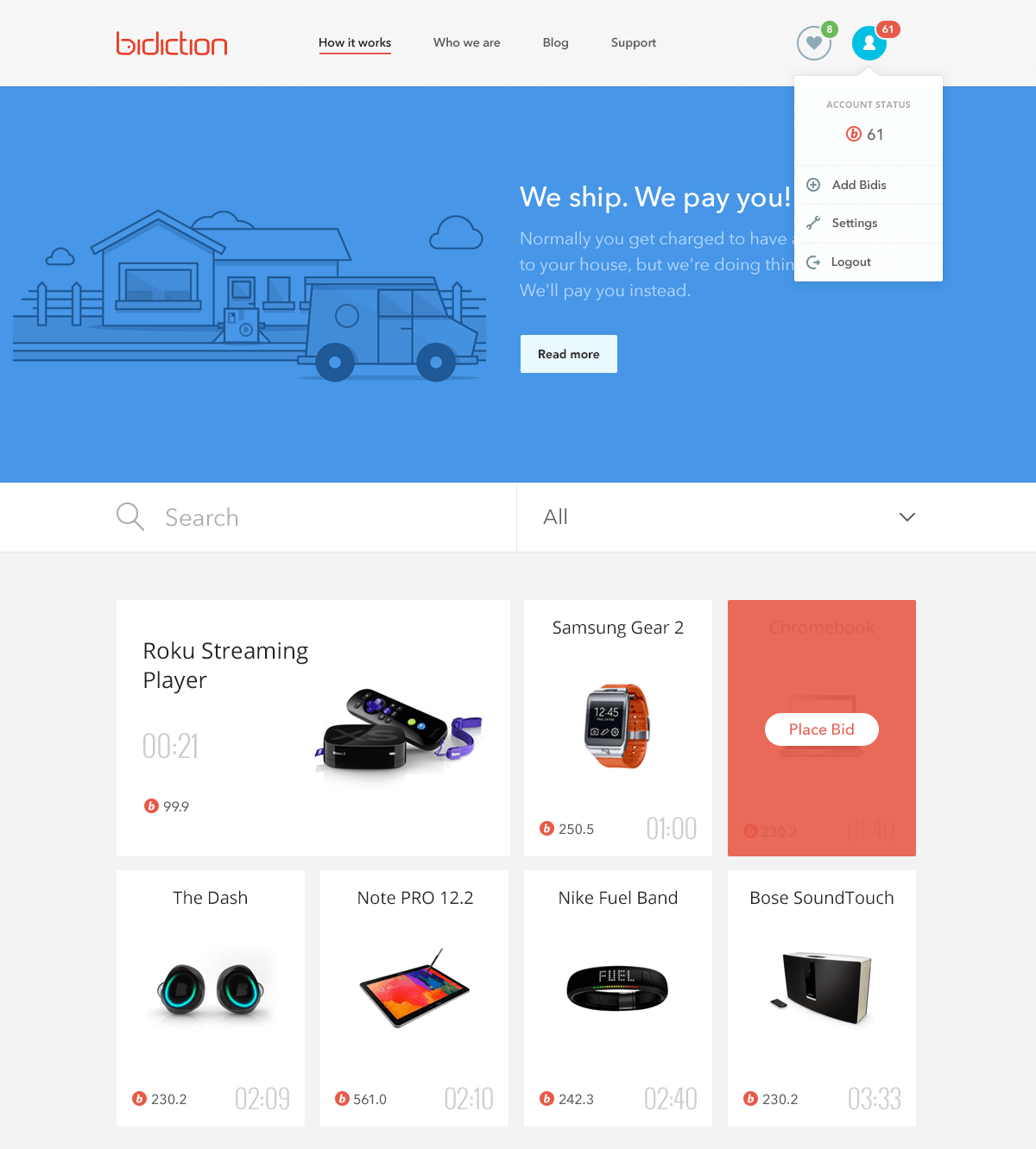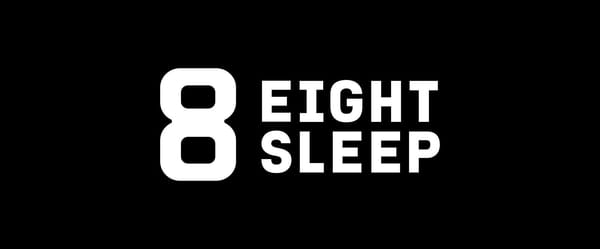6 Things I Learned From Creating Bidiction

Bidiction was my identity. (Learn more about my business plan.) I hated how eBay operated and didn’t like the penny auction’s (lack of) ethics. This problem was personal. “I’m going to change the world of ecommerce,” I thought. The profitability of the penny auction business was intriguing. I wanted to create an auction site that was fun, ethical, well designed and profitable.
What happened?
I came up with the perfect name and kept iterating on the concept, but I was naive and refused to look at all possible issues. My ego got too involved. I created a fantasy; I saw myself on stage giving a keynote presentation (like Steve Jobs) to thousands of people who were locked on my every word. I became obsessed with being an entrepreneur just to be one, not to actually build a great product. I wanted to be an entrepreneur but was really a wantrepreneur.
What’s a wantrepreneur? It’s someone who over-glorifies being an entrepreneur, who does a lot of thinking and talking but doesn’t execute. Instead of calling it quits, I procrastinated launching the site. I went through three logos, two site designs, two coders and spent over $10k. I had been cognizant of the six main issues holding back Bidiction and knew it wasn’t going to launch, but I wasn’t willing to admit it.

What were the issues?
- No capital. I did not have the capital or economies of scale to compete with the big guys. There’s a huge barrier to enter this market. You need a lot of initial funding to generate many active users and live auctions. You’ll be taking a loss on every item early on.
- No validation. I didn’t have a validated idea. Unfortunately, the only way to validate an idea like this is to have lots of capital. There’s no way I’d get funded without having a working site with a solid number of users. Such a business model needs lots of users bidding against one another at the same time. That’s almost impossible to do without funding. It’s five years since the inception of the idea and I still don’t know if it’s something the market wants. Even if it’s something that the market wants, would it be profitable?
- Too complicated. I wasn’t able to simplify the process or articulate it in a simple way. Simply explaining what Bidiction is requires work. Maybe the business model sucks or the idea is too radical. While I hate the current bidding process, I need to identify whether or not others like share my pain points and want solutions. Maybe the market is happy enough as it is.
- No key differentiator. Bidiction had a bunch of different features, but there was no killer differentiator. However, being too deviated confuses the average penny auctioneer and may deter people who come looking for a deal (“Oh, all the prices are really high! These aren’t great deals at all!”) It’s a unique difference that requires explanation, which can alienate potential customers.
- No core competency. I wouldn’t be coding and don’t have a technical co-founder. I was interested in marketing, but the more I learned about marketing, the more I knew I didn’t know. I had just had an idea of what I wanted a site to look like and function like. That’s worthless.
Lessons Learned
- Being an entrepreneur isn’t like The Social Network. It’s rarely fun. It’s a grind. It’ll make you depressed. There will be moments when you can no longer see the light at the end of the tunnel. But it’s worth it for those moments of euphoria after accomplishing something great. If being a full-time entrepreneur was easy, everyone would do it!
- Ideas are meaningless. No one’s going to steal your ideas. Share your ideas and make them better. Execution is everything.
- Improve your skills. I’m still not a great writer, but I’m getting better. I’ve improved my design, marketing, and communication skills too.
- Don’t be afraid to call it quits. Continuing to work on Bidiction when I knew it was toast, only cost more money and time. I thought it would mean everything was a failure. Yes, I failed, but it wasn’t a failure. My skills have increased and I met some great people including my designer and my co-founder of my new site, Sterp.
- You can’t beat huge corporations without funding. That doesn’t mean you can’t create a huge company eventually, but you need to prove yourself with something small then build off of that momentum.
- Find people who will tell you you’re an idiot. It feels great to look smart. But I never had anyone challenge my thinking since I’ve been making money online for years. I would pitch my idea to anyone who’d listen, but I never faced criticism. “Cam’s been doing stuff online for years. He’ll figure it out.” The lack of criticism hurt my progress as an individual.




